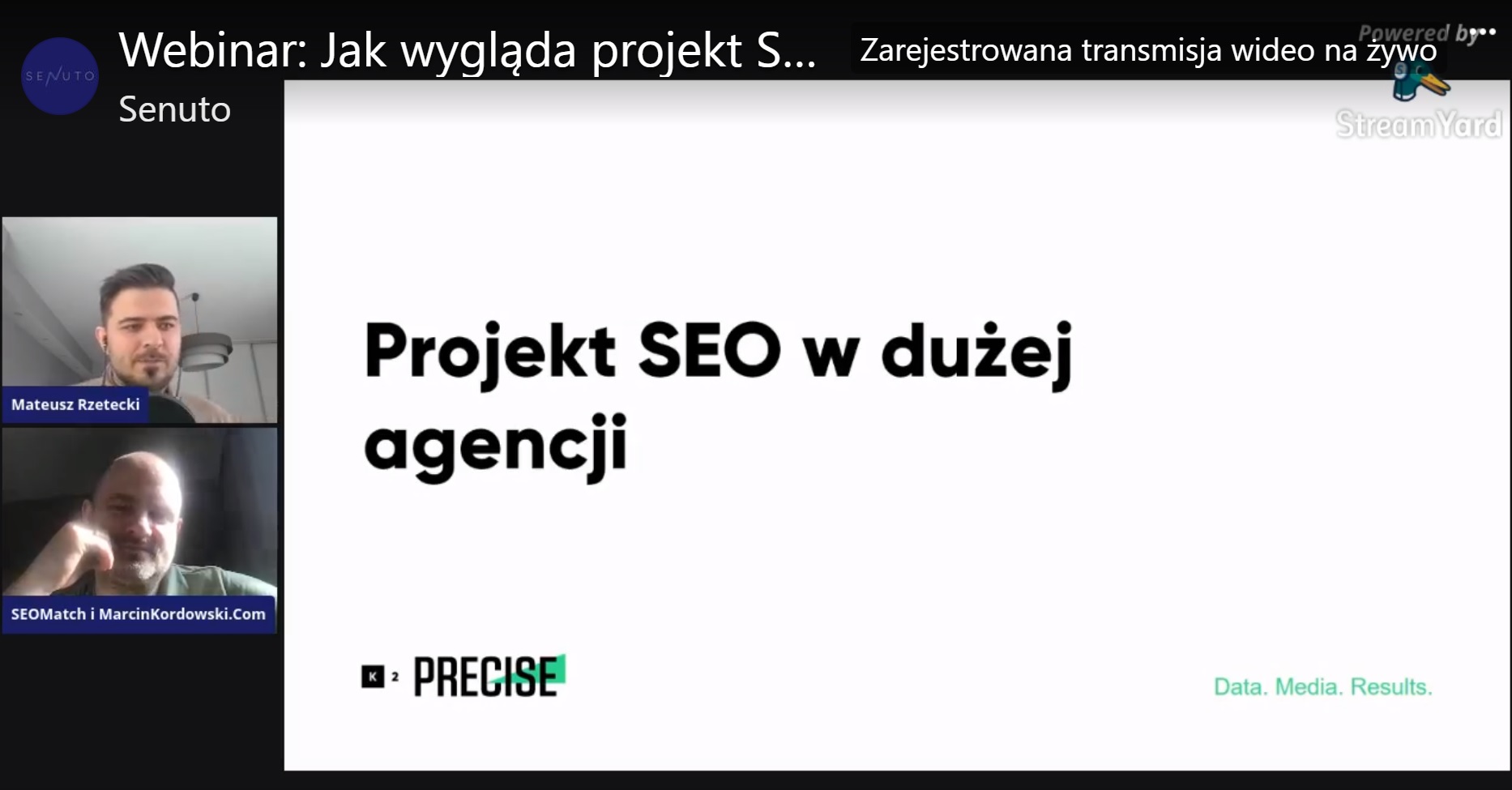Blog
How does advanced search on Google help with SEO efforts?
13 March 2012
How to effectively search for potential websites where we can place a valuable link? This question is probably asked by everyone who starts their adventure with SEO. For these people, we decided to create a list of queries enabling advanced search in Google, which will definitely speed up and make your work more enjoyable and will be a model for creating further queries.
It is certainly nothing new to many of you that thanks to complex queries in Google, we can limit search results only to the pages that interest us. The precision in achieving specific results ultimately depends on our creativity. To delve deeper into the complex queries that many SEO specialists around the world use in their work, we have presented some of the most important ones in the table below. They can be used to create more complex queries.

As you have noticed, in some queries the "operator" has been added, which is intended to specify the search results for specific words. For example, for the query intitle:"internet marketing" results that contain the phrase "internet marketing" in the title will not appear. or “online marketing” or any other combination of these words that might appear if we did not use the characters.
The table below presents the basic operators that should be known by anyone who wants to build more advanced queries in Google.

Before we move on to extended queries, let us first explain what the so-called "footprints" are, i.e. permanent elements that characterize specific CMS scripts. In other words, these are phrases that are repeated on most websites based on a given software. Let's assume we want to search for pages based on the popular WordPress script.
Example query for such pages:
intext:"Powered by WordPress"
In this way, we found all pages containing the phrase "Powered by WordPress", which is characteristic of pages based on this script.

If the query is not very precise, many pages will be displayed which may not be based on the mentioned script, but only contain specific wording in the content.
Now that we have basic knowledge, we can explore ideas for more complex queries:
site:.com intitle:”website positioning”

This query will find all websites with the ".com" extension. and with the expression "website positioning" in the title.
link:stronakonkurencja1.pl link:stronakonkurencje2.pl ?link:mojastrona.pl
It is very common for competitors' websites to obtain links from the same sources. This query will show us pages that link to our competitors, excluding pages that link to us.
link:stronakonkurencje.pl -link:yourstrona.pl intitle:?keyword? inurl:forum OR inurl:forums
The query is similar to the previous one, but this time the results will be limited only to internet forums that contain the keyword in the title.
“keyword” AND “Allowed HTML tags: ”
It sometimes happens that websites that allow you to add HTML tags in the comment content have common footprints. in this case the phrase 'Allowed HTML tags: '. Additionally, the search results have been narrowed to pages containing the keyword.
keyword intitle:"add page" OR intitle:"add site" OR intitle”Add URL”
site:facebook.com/people “keyword”
This query will search for all Facebook profiles that mention the given keyword.
site:youtube.com/user “keyword”
This time we are searching YouTube.com
site:.blip.pl intitle:blog of user “keyword”
The query will search for all profiles on Blip.pl in which the keyword is mentioned.
Also read

Local SEO – what you need to know
Local SEO is crucial for smaller companies that operate on a regional rather than national level.



